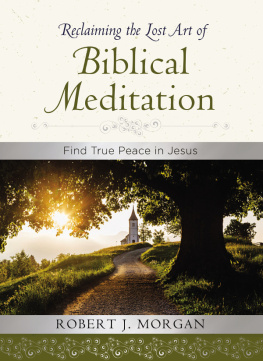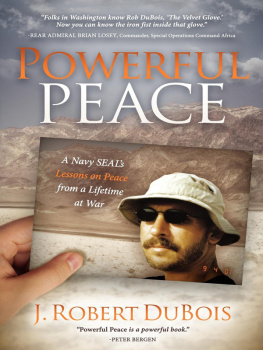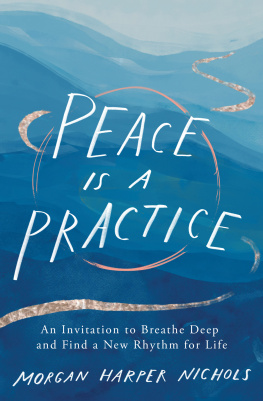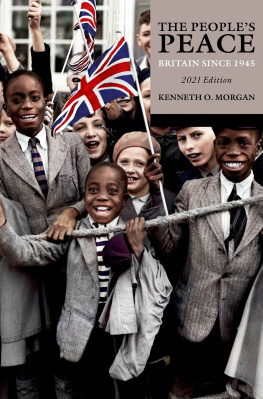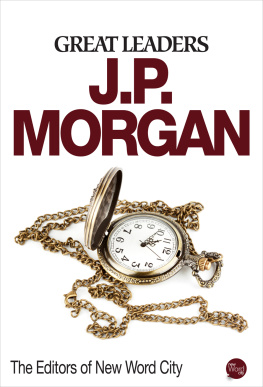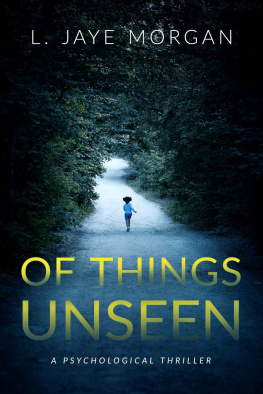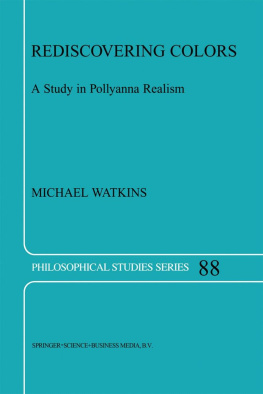The names of people writing from inside prison or who are now out of prison have been changed, except for Prison Phoenix Trust patrons Benjamin Zephaniah and Erwin James.
Foreword
Despite what some newspapers say, prison is no holiday camp. And despite the good intentions of many people charged with running prisons, you can wind up feeling less than human when youre inside. You know this, and I know this, and anyone whos been near a prison knows this. From the age of 14 I was in and out of institutions. It started with what was then called Approved School, then it was borstal, and then I ended up in prison for a while. Ive written a lot in my life, but I havent written much about my time in prison. The piece about my time in Winson Green prison in Birmingham, which youll see in the letters section of this book, is an exception.
If youre finding it hard in prison and very few people dont find it hard meditation is something that will make a real difference. I have to say that I used to think meditation was something that men with long beards did in the mountains of India and China. Or that it was for monks who want to spend their time at peace with a candle rather than go shopping. Or hippies who just want to touch the everlasting and chill out, man. Theres a little truth in all those stereotypes, but the fact is that all of us can benefit from meditation. Every human being on the planet understands that they better themselves when they take time to listen to themselves. I mocked meditators once, until I realised what it could do for me.
In this book, Sam, the Prison Phoenix Trusts (PPT) Director, explains meditation and how to meditate in a simple, straightforward way. What is equally important is that hes drawn together letters from people in prison whove written about their meditation, and replies to them from the PPT. These make great reading whether youre in prison or out.
Everyone has a natural intelligence, and I met some incredibly intelligent and creative people in prison. Meditation is a way of not just surviving, but also of thriving in prison, because it taps into that natural intelligence that we all have. Together with my martial arts, it is yoga and meditation that keep me healthy and sane. They support my poetry, music, writing, and all the other stuff I do on TV and radio. There was a time when I was struggling to survive and jostling on the streets, there was a time when I was caught and imprisoned, but there was also a time when I had all the money I needed, people loved me. I wasnt in prison and I was called successful, but I was still tired of life, and my spirit was sagging. It was meditation that pulled me through. I really got to know myself. You see, when Im sitting still, focusing on my breathing, forgetting about myself and my little worries, plans and contracts, its an honest expression of who I really am. Time alone each day helps me feel a little more human, and a little more connected to people and the world around me.
This book is encouragement for you to do that too.
Stay cool, wherever this finds you,
Benjamin Zephaniah
Introduction
Theres a good chance youre reading this in a prison cell. Maybe youre in for a long time, or perhaps its only a few months. Has the justice system let you down, or do you feel you deserve your sentence? Even if you are relatively content with your situation, therell be times when you feel you cant stand even one more day of being where you are.
External conditions affect us and how we look at things. In prison, its the amount of bang-up each week, how you get along with your cellmate, how safe and how much trust you feel, what work youve been assigned, and how your last phone call went. If things are going well, they can put you in a good mood, and you feel ready to meet anything that comes your way. But if where you are feels grim it can be very draining and you might want to just hole up and blot it all out. Isnt this how we are influenced by our surroundings and external conditions?
Its great to remember that there are people and organisations trying to make prison conditions and sentencing policy more humane. And its fantastic that there are people fighting for change and educating others about why people end up in prison. Perhaps you yourself are involved in this work while youre doing time. I take my hat off to you and anyone inside and outside of prison engaged in prison reform. Its uphill work but occasionally gleams of humanity break through, often from unexpected quarters.
This book is about a different kind of work. It isnt about changing the world around you to meet your needs (at least, not directly). Instead, its an invitation to work with the most powerful thing affecting your moment-to-moment experience:
your own heart and mind.
Its about the tried-and-tested practices of meditation and yoga.
And its about the fruit of those practices: living from a place of freedom in the truest sense of the word, right where you are, bars or no bars.
Unlike the system, which can seem rigid and unforgiving, our hearts and minds are flexible places we can dive into and work with at any moment. This very personal work offers huge potential for give and take, for change, for growth, for inspiration, for warmth, for love, for uncovering a part of ourselves that is true and deep. (And somehow, the inner work you do often starts to affect your external circumstances.)
As you can see from the letters in this book, so many people who have taken up this inner search have said that even though they are in prison, they have found this deep, true place in themselves, and that they are free. Its funny to have to go to prison to find freedom inside. Most people dont get any break from the madness and challenges of day-to-day living. Yet countless people testify that the practice of meditating while in prison and afterwards has led them to feel more at ease with who they are, and because of that they feel more connected and less separate from the world around them.
Three things motivate me in my work with the Prison Phoenix Trust. The first is you, living in the intense mental pressure cooker that is prison, and the inspiring ways that so many of you manage to find a sense of freedom. So a big part of this book is letters from prisoners, and people now out of prison. As you read them, I hope youll see that inner freedom is possible, but that it doesnt always look like what you expect, and it isnt the same for everyone. The path of freedom is not always easy its often three steps forward and two steps back but its one worth walking. And as you read the letters, youll see that despite it feeling like a slog at times, it brings deep and consoling satisfaction. Maybe its a path youre already on. If so, respect and greetings.
The second thing that motivates me is the tried and tested practice of meditation and yoga. The letters from people who are committing themselves to these practices in a serious way are inspiring, especially when they feel their lives have begun to shift in a direction that they like and which feels a million times freer and more harmonious and more open to possibilities than before.







